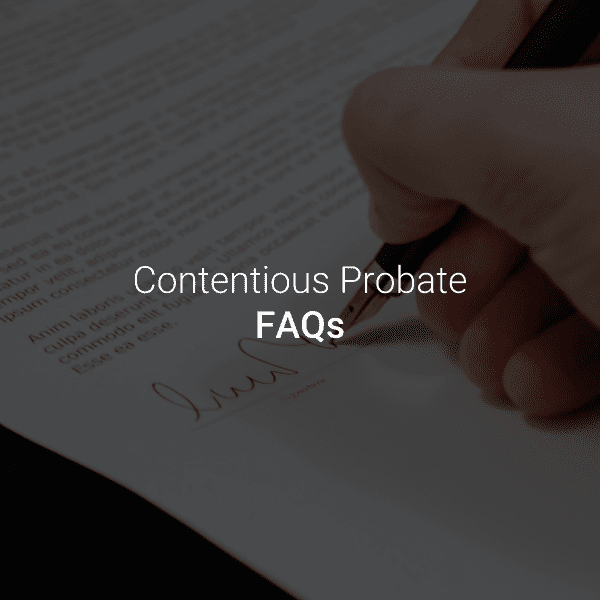Changes to the probate grant application process
We have seen many changes to the process for applying for a grant of Probate over the last few years. There have also been many reports of the delays in the probate service caused by these various changes and the impact of Covid-19.
One important change took place from the 1st January 2022, which may reduce the impact of delays in obtaining a grant. For smaller estates or for estates where you do not need to complete a full account for HMRC, it is no longer necessary to complete an inheritance tax account, referred to as a ‘Return of estate information’ or form IHT205, when applying to HMCTS for a grant.
This applies to an ‘excepted estate’ and when someone dies on or after 1st January 2022 and is domiciled in the UK. It applies if you are applying for a grant where the person made a Will and when they did not.
What is an ‘excepted estate’? An estate is usually an excepted estate if any of the following apply:
- its value is below the current Inheritance Tax threshold of £325,000
- the estate is worth £650,000 or less and any unused threshold is being transferred from a spouse or civil partner who died first
- the deceased left everything to a spouse or civil partner living in the UK or to a qualifying charity and the estate is worth less than £3 million
- the deceased was living permanently outside the UK when they died, and the value of their UK assets is under £150,000.
If the person died on or before 31st December 2021 you will still need to follow the previous process for applying for a grant, which involves the completion of the Return of Estate Information form (IHT205) and an IHT217 form if you are claiming any unused inheritance tax threshold from a spouse or civil partner who died first.
For deaths on or before the 31st December 2021, an estate is usually an excepted estate if any of the following apply:
- its value is below the Inheritance Tax threshold at the time the person died
- the deceased left everything to a surviving spouse or civil partner living in the UK or to a qualifying charity and the estate is worth less than £1 million
- the deceased was living permanently outside the UK when they died, and the value of their UK assets is under £150,000.
It is important to remember that you will still need to include the values of the estate when you apply for a grant with HMCTS. Identifying and valuing all the assets in an estate is an important duty of an executor and anybody administering an estate.
You will also need to identify if you are claiming any unused inheritance tax threshold from a spouse or civil partner who died first.
You should also check that none of the conditions apply for the estate you are administering, which would require you to send in full details of the estate, by completing a full inheritance tax account – form IHT400.
You need to calculate the following values:
- the estate’s gross value – this includes the total value of all the person’s assets and any gifts they made in the 7 years before they died
- the estate’s net value – this is the gross value minus any debts, such as a mortgage or funeral costs
- the estate’s net qualifying value – this is the net value minus any assets left to spouses, civil partners, charities or assets that are exempt for other reasons.
Once you have collected the above information and values you can then apply to HMCTS for the grant.
You should also bear in mind that if you are able to use the new process then HMRC will have 60 days from the date the grant is issued, in which to request additional information concerning the estate.




